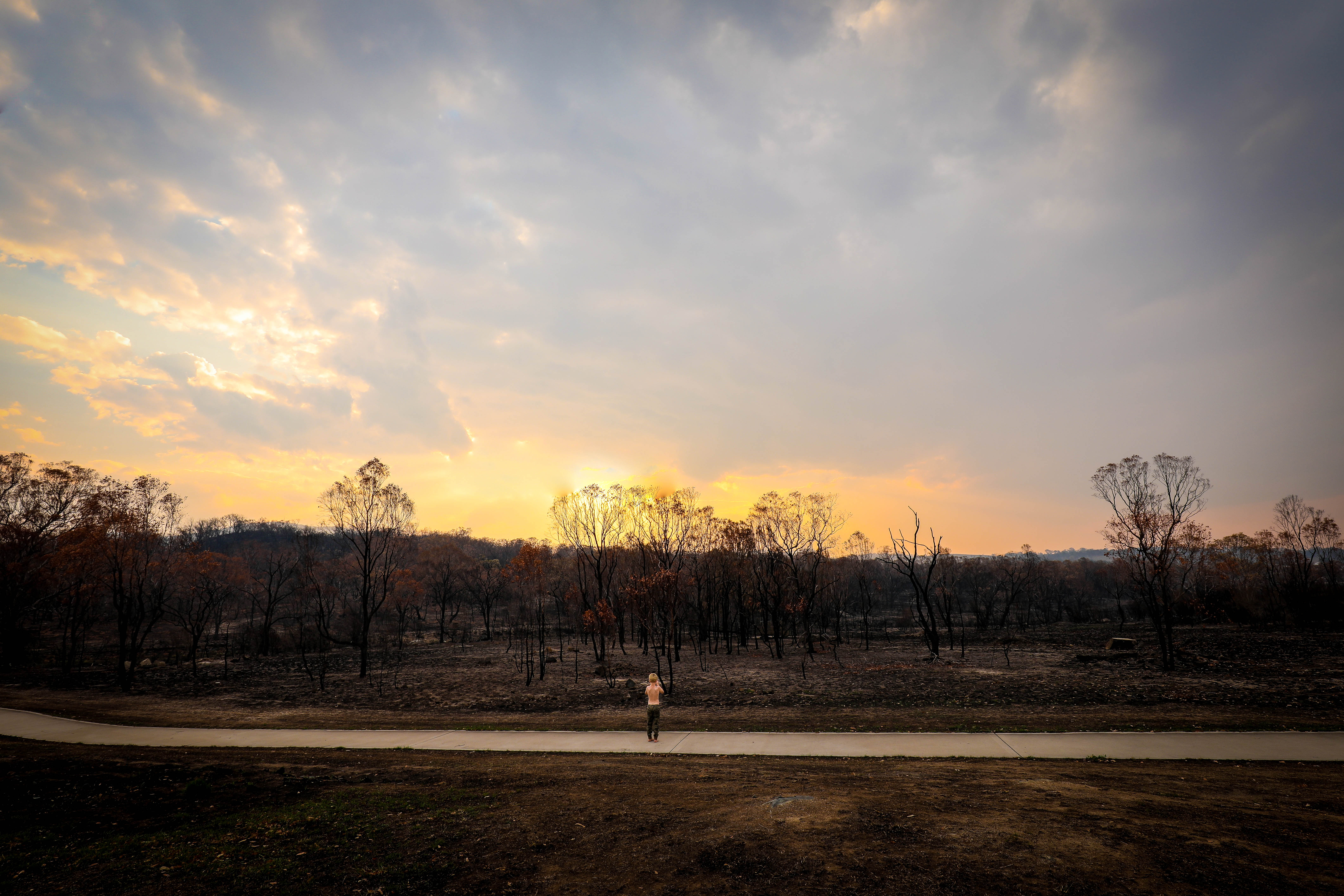Children, young people and climate change: developing child-centred indicators for climate justice
A collaboration with UNICEF Australia to understand the views of young people in NSW on climate change and to co-develop child-centered indicators for climate justice.

Our Vision
As the climate crisis mounts, children and young people face an uncertain and challenging future, with many already feeling its impacts. This project documents and co-analyses children's experiences of climate change and climate action so their insights can be channelled into Australian policy, advocacy and programming. From the findings within NSW, we then developed practical child-centred indicators to measure the impacts of climate strategies on children's own experiences.
Our Project Plan
The project draws on Y&R’s unique creative methods which have been tested and applied in 79 countries to ensure young people are at the heart of policy and decision-making that effects their lives.
We consulted with 49 children and young people (10-18 years) from across NSW in creative, participatory workshops to understand their views on climate change and co-design child-centred indicators. To capture the broad range of impacts of climate change, we engaged with young people in flood-impacted communities in Northern NSW, an urban area impacted by slow onset climate change in Western Sydney, and a transitional economy in the Upper Hunter. Workshops were held over two days to enable young people to make in-depth and meaningful contributions to the outputs and outcomes.
Throughout the process, we trained a young person as a co-researcher to contribute to analysis of workshop data, development of the child-centered indicators, write up of the final report, and assist with sharing the findings to young people across Australia. In future phases of the project, we will work together to activate the indicators and scale up to other settings and contexts where addressing climate change is most urgent.
What Impact will this research have?
Learning resources created through this project, on the topic of climate change, have been accessed by 172 schools and community organisations impacting approximately 30,000 young people. The resources were distributed in the lead up to World Children’s Day 2023 via UNICEF Australia’s Minute of Loudness promotional webpage.
This work has already attracted praise in the youth-work sector through the NSW Youth Work Awards 2023, where we were nominated for our ‘Outstanding Partnership’ together with UNICEF Australia. The NSW Youth Work Awards are an annual celebration of the exceptional work of youth services and youth workers across NSW. The awards are hosted by Youth Action, the peak body representing young people and the services that support them in NSW.
The child-centred indicator framework presented in an upcoming report offers a practical tool to support the public, private and civil society sectors to design, implement, monitor, and evaluate the short to long-term impacts of climate policies and interventions, in partnership with children and young people. Using measurement as a key point of intervention, this framework aims to centre children’s and young people’s diverse needs, concerns, and aspirations and to initiate intergenerational conversations about how to best safeguard their present and build climate-resilient futures.
The 15 recommendations included in our final report will bring attention to practical areas for improvement.
Outputs
- Read the final report titled We deserve to live in a thriving world: Child-Centred Indicators for Climate Change for detail on research methodology, findings, and the Child-centred indicator framework itself. The report also contains recommendations for governments, businesses and other stakeholders.
- Read The Climate Future Children Want youth-friendly summary report.
- Access the Workshop Manual for deeper insight into our data collection process.
Collaboration team
Internal
External
- Ruzika Soldo (UNICEF Australia)
- Nishadh Rego (UNICEF Australia)
- Adrienne O’Dell (UNICEF Australia)
- Nicole Breeze (UNICEF Australia)
- Freya Conomos (UNICEF Australia)
- Professor Catherine Maternowska (University of Edinburgh)
Project support
- StudentEdge (recruitment in Western Sydney)
Funding
This project was funded by UNICEF Australia.
Streams
Realising participation and engagement
Period
2023
Contact: If you would like to get in contact with the Children, young people and climate change: developing child-centred indicators for climate justice team, please email Lilly moody at L.Moody@westernsydney.edu.au.
